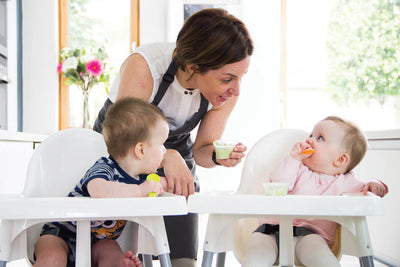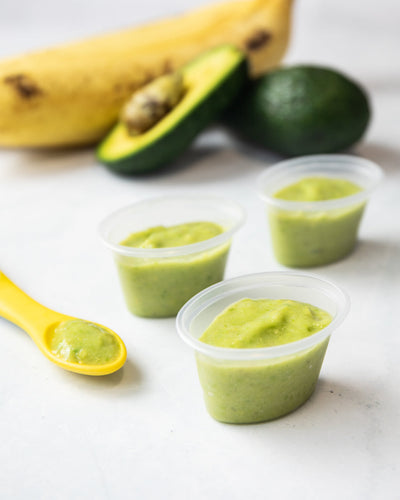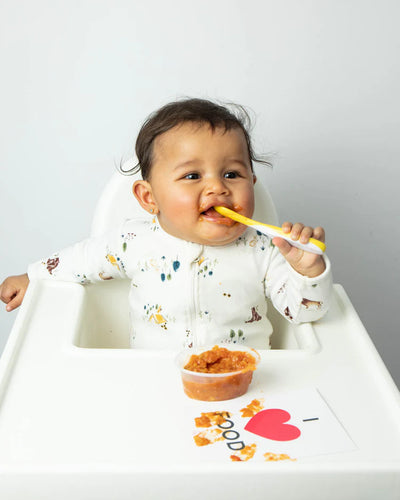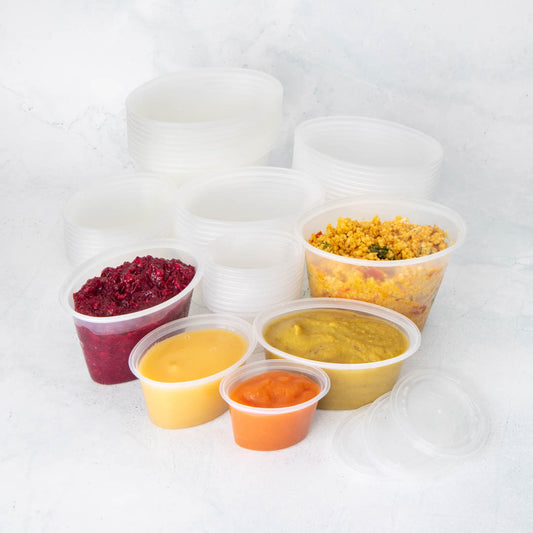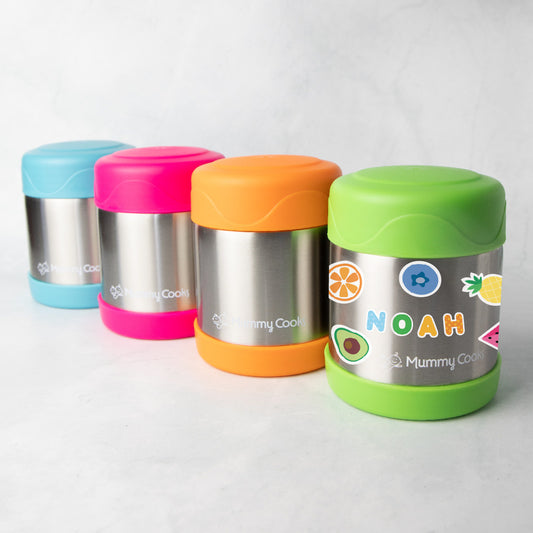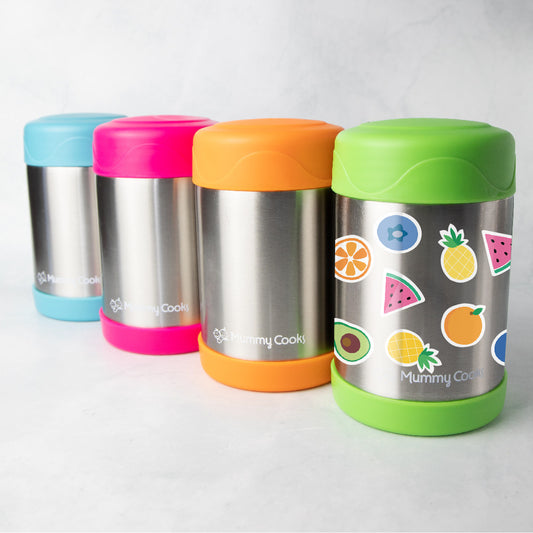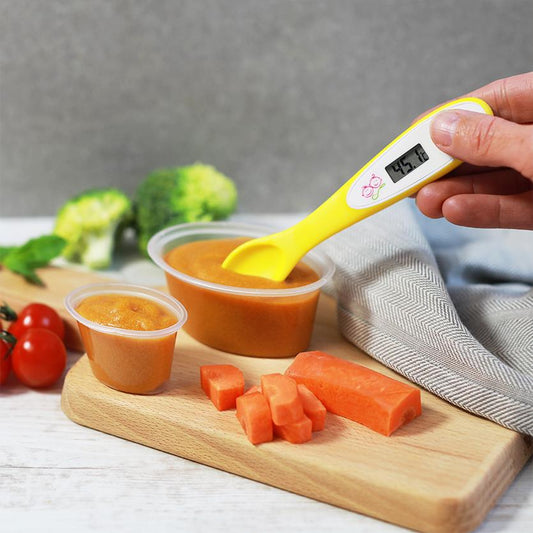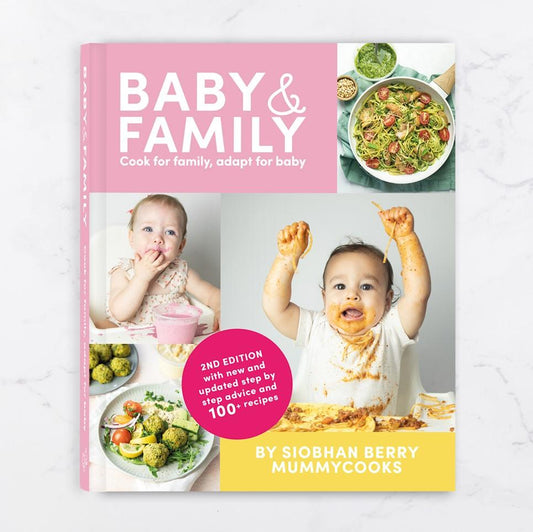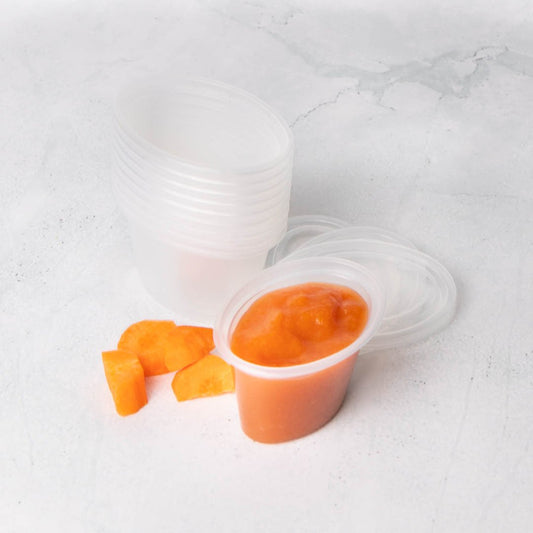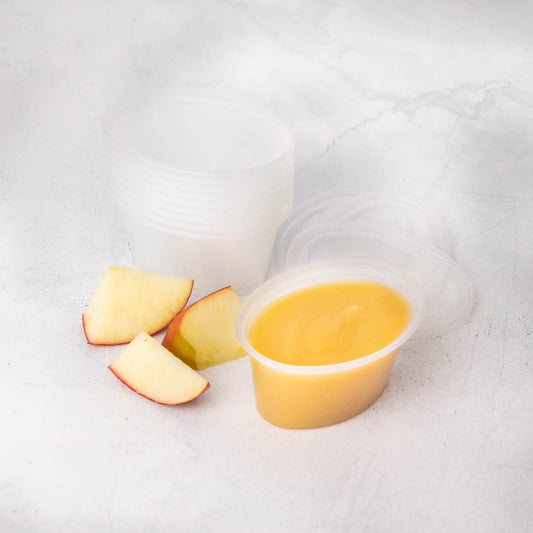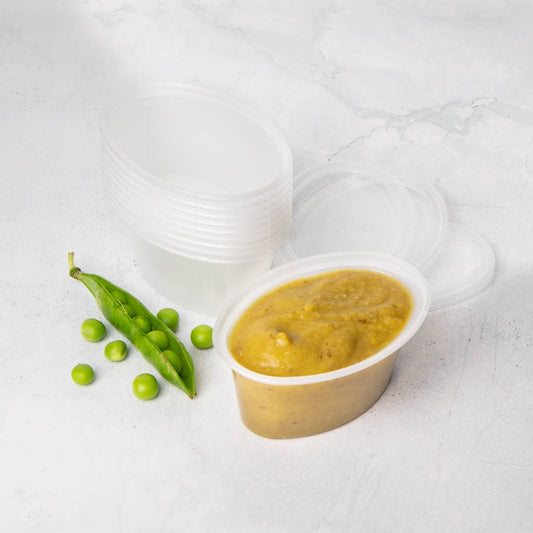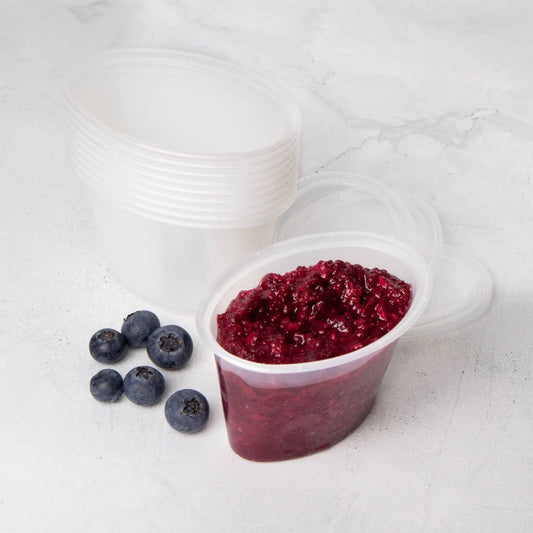Many parents are concerned about introducing Allergenic foods to their babies and it is one of the most common questions I get asked at my Weaning Class. I was delighted when Dr Lisa Ní Chuinnegáin Guthrie agreed to give her experience with her son Cathal's peanut allergy and share her expert advice on introducing allergenic foods.
“Can Féile have nuts when she grows up, Mam?”
This question was mooted to me by my eldest guy, Cathal, who at 5 (and a half) is peanut allergic and is very aware of it.
I remember the first time he had a reaction to peanut butter on toast, at 8 months. I don’t recall if I had given him peanut butter prior to this but it is possible that he had foods containing peanut. His eye swelled up (Quasimoto style) and was puffy, his hands where he had touched the toast were swollen and red, but he was happy. No breathing difficulties. I took note of this (avoided the extended family for a few hours) and I booked an appointment for an immunologist to be sure. After getting skin prick tests on a now 10 month old, it showed he was allergic to eggs and tree nuts. I was prescribed an EpiPen (adrenaline) and given advice on reading packaging, food safety etc and headed home to Mayo. Peanuts and tree nuts are not the same. The best description of them I think is as follows; Peanuts grow from the ground up and are part of the legume family where tree nuts grow from trees down and include walnut, almond, cashew etc. There can be a cross over between the 2 in allergies.
But wait? I had a great pregnancy, I ate peanuts during it, I breastfed, I don’t have any family history? Where did this come from? It can still happen to anyone. There are lots of different reasons and theories as to why there has been a huge rise in allergies in the past 30 years- but that is for a different day’s discussion!
It is estimated approx. 5% of Irish children and 3% of Irish adults have food allergies. Egg, milk and Peanuts are the 3 most common, with Peanuts being the most feared among parents. Between 60-80% of children outgrow the egg and milk allergy by the time they are 16. Only up to 20% will outgrow a peanut allergy and 15% a tree nut allergy. No wonder this can strike fear in parents! Of note, Cathal has already outgrown his egg allergy.
A very common question that parents ask me is how to go about introducing potential allergic foods (peanuts the most feared) to a child’s diet when weaning. The guidelines to this have actually changed recently. In fact, it’s flipped over onto its head from previous advice!
LEAP study
The LEAP (learning early about peanut allergy) study was the first study to look at introducing allergens early, as a way of preventing food allergy development. Sounds back to front? This study was prompted by researchers noticing peanut allergy being up to 10 times higher in Jewish children in the UK, than in a similar subset of children, in Israel. The huge difference was actually found to be cultural. In Israel, peanuts are introduced earlier at 7 months and they are eaten more regularly than for children in the UK. The question of this early intake of peanuts and possible prevention of peanut allergy has culminated in a whole change in the guidelines about how we introduce allergens. I love a good clinical trial and this one was very good; 640 kiddies and randomly assigned.
The outcome showed that the earlier peanuts were introduced; there was a significant reduction of peanut allergy at 5 years of age, compared to children who avoided peanuts. It is important to note that not ALL children can be prevented from having allergies.
Guidelines for introducing peanuts
How do we know which ones will be ok? Their guidelines are as follows for the introduction of peanuts to children, graded by risk, under 1 year of age.
- High risk (severe eczema, egg allergy or both): Its recommended to consult your GP or an immunologist to have a peanut allergy testing performed first.
- Moderate risk (child has mild or moderate eczema alone): Able to introduce peanut containing foods from 6 months.
- Low risk (child has neither eczema nor food allergy): This is also considered safe and peanut contained foods can be introduced.
With that in mind, I know that Cathal fitted into the 2nd category. I’ve recently had him retested and he is still allergic to tree nuts. Cuán (number 2) has been fine with no reactions. Féile is beginning the weaning process in the next week or 2 and I will be giving her peanut containing foods.
It is important to note that mammies should not feel guilty if their child has allergies as it is nothing to do with what they have done during their pregnancy. This is one mammy guilt we can leave to the side!
If you have any doubt, please don't hesitate to ask your GP or Public Health Nurse.
For more information on the study itself visit http://www.leapstudy.co.uk/
For more HSE information: https://www2.hse.ie/wellbeing/child-health/food-allergies-and-children.html
Lisa Ní Chuinnegáin Guthrie is a Mum of three, and is an emergency medicine doctor. Follow her on Instagram for more expert advice at @dr_mammyguthrie






